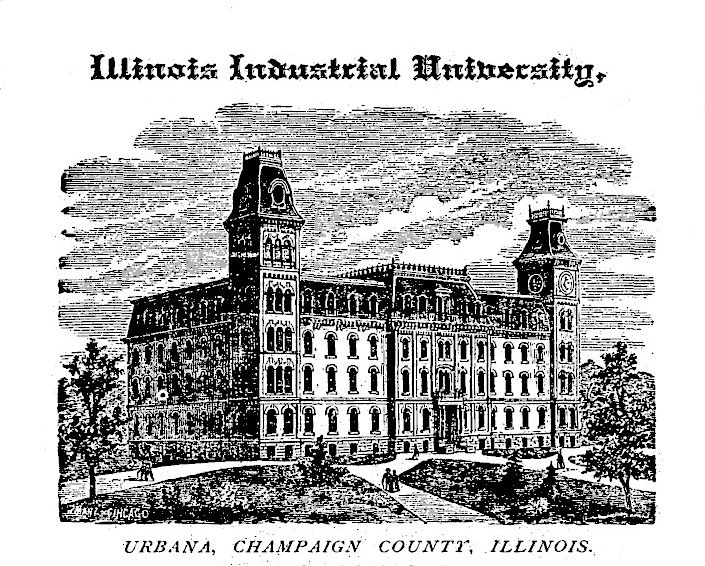|
Jules P. Harrell
Camara Jules P. Harrell (born November 19, 1949), also known as Jules P. Harrell, is a professor of psychology at Howard University and a researcher in the field of the effects of stress and racism on the health of African Americans. Biography Jules Harrell was born on November 19, 1949, in Helena, Montana. Harrell attended Carroll College and earned his Ph.D. in clinical psychology from the University of Illinois at Urbana-Champaign. Academic career Harrell has been a professor of clinical psychology at Howard University for 30 years. In 2008, Harrell won the Exemplary Mentoring Award from Howard University's Faculty Senate. Harrell's research interests include psychometrics Psychometrics is a field of study within psychology concerned with the theory and technique of measurement. Psychometrics generally refers to specialized fields within psychology and education devoted to testing, measurement, assessment, and ... and psychology of racism, personality theories, assess ... [...More Info...] [...Related Items...] OR: [Wikipedia] [Google] [Baidu] |
Howard University
Howard University (Howard) is a Private university, private, University charter#Federal, federally chartered historically black research university in Washington, D.C. It is Carnegie Classification of Institutions of Higher Education, classified among "R2: Doctoral Universities – High research activity" and accredited by the Middle States Commission on Higher Education. Tracing its history to 1867, from its outset Howard has been nonsectarian and open to people of all sexes and races. It offers undergraduate, graduate and professional degrees in more than 120 programs, more than any other historically black colleges and universities, historically black college or university (HBCU) in the nation. History 19th century Shortly after the end of the American Civil War, members of the First Congregational Society of Washington considered establishing a theological seminary for the education of black clergymen. Within a few weeks, the project expanded to include a provision for e ... [...More Info...] [...Related Items...] OR: [Wikipedia] [Google] [Baidu] |
Helena, Montana
Helena (; ) is the capital city of Montana, United States, and the county seat of Lewis and Clark County. Helena was founded as a gold camp during the Montana gold rush, and established on October 30, 1864. Due to the gold rush, Helena would become a wealthy city, with approximately 50 millionaires inhabiting the area by 1888. The concentration of wealth contributed to the city's prominent, elaborate Victorian architecture. At the 2020 census Helena's population was 32,091, making it the fifth least populous state capital in the United States and the sixth most populous city in Montana. It is the principal city of the Helena Micropolitan Statistical Area, which includes all of Lewis and Clark and Jefferson counties; its population is 83,058 according to the 2020 Census. The local daily newspaper is the '' Independent Record''. The city is served by Helena Regional Airport (HLN). History The Helena area was long inhabited by various indigenous peoples. Evidence from the ... [...More Info...] [...Related Items...] OR: [Wikipedia] [Google] [Baidu] |
Carroll College (Montana)
Carroll College is a private Catholic college in Helena, Montana. The college has 21 buildings on a 63-acre campus, has over 35 academic majors, participates in 15 NAIA athletic sports, and is home to All Saints Chapel. The college motto, in Latin, is ''“Non scholae, sed vitae.”'' The college translates this into English as “Not for school, but for life.” Carroll's colors are purple and gold and the school's athletics teams are known as the Fighting Saints. History In 1883, the first bishop of Helena, John Baptist Brondel, proposed a Catholic college in Montana to help produce future priests for the soon-to-be diocese of Helena. He died before his plans could be realized. Pope Pius X selected John Patrick Carroll, a young priest from Dubuque, Iowa, as Brondel's successor. Bishop John Patrick Carroll, second Bishop of the Diocese of Helena, was able to carve out the funding needed to launch the college while at the same time raising money to construct the Cathedral o ... [...More Info...] [...Related Items...] OR: [Wikipedia] [Google] [Baidu] |
University Of Illinois At Urbana–Champaign
The University of Illinois Urbana-Champaign (U of I, Illinois, University of Illinois, or UIUC) is a public land-grant research university in Illinois in the twin cities of Champaign and Urbana. It is the flagship institution of the University of Illinois system and was founded in 1867. Enrolling over 56,000 undergraduate and graduate students, the University of Illinois is one of the largest public universities by enrollment in the country. The University of Illinois Urbana-Champaign is a member of the Association of American Universities and is classified among "R1: Doctoral Universities – Very high research activity". In fiscal year 2019, research expenditures at Illinois totaled $652 million. The campus library system possesses the second-largest university library in the United States by holdings after Harvard University. The university also hosts the National Center for Supercomputing Applications and is home to the fastest supercomputer on a university campus. ... [...More Info...] [...Related Items...] OR: [Wikipedia] [Google] [Baidu] |
Psychometrics Of Racism
Psychometrics of racism is an emerging field that aims to measure the incidence and impacts of racism on the psychological well-being of people of all races. At present, there are few instruments that attempt to capture the experience of racism in all of its complexity. Self-reported inventories The Schedule of Racist Events (SRE) is questionnaire for assessing frequency of racial discrimination in lives of African Americans created in 1998 by Hope Landrine and Elizabeth A. Klonoff. SRE is an 18-item self-report inventory, assesses frequency of specific racist events in past year and in one's entire life, and measures to what extent this discrimination was stressful. Other psychometric tools for assessing the impacts of racism include: * The Racism Reaction Scale (RRS) * Perceived Racism Scale (PRS) * Index of Race-Related Stress (IRRS) * Racism and Life Experience Scale-Brief Version (RaLES-B) * Telephone-Administered Perceived Racism Scale (TPRS) Physiological metrics In a s ... [...More Info...] [...Related Items...] OR: [Wikipedia] [Google] [Baidu] |



